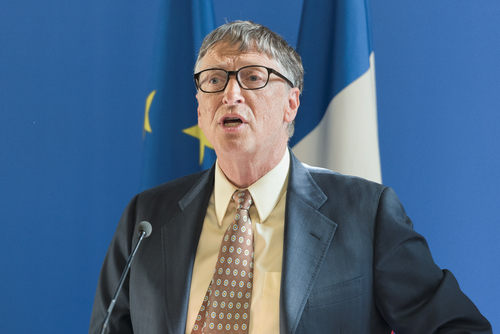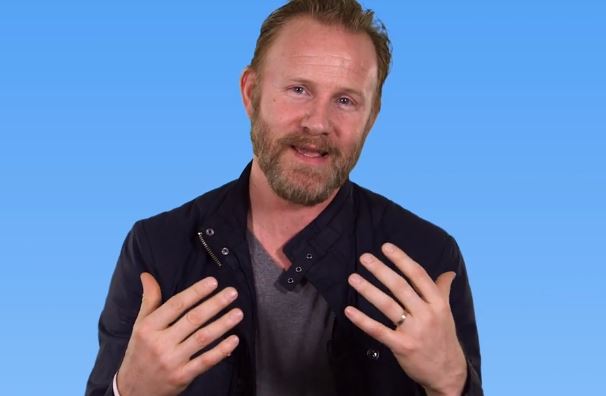For corporate executives, listening to Robert F. Kennedy Jr. is like the three little pigs taking construction advice from the big bad wolf. Yet Kennedy is scheduled to deliver a speech “to over 1000 top executives from Fortune 1000 companies as they embark upon their three-day conference,” a cruise-conference organizer announced this week. Kennedy’s speech is being billed as “informational,” “motivational,” and “inspirational.”
“According to Kennedy,” the announcement reads, “when a business follows sound environmental policies and procedures, it practices smart business.” Actually, Kennedy has an antipathy toward American business and an unfortunate tendency to make things up.
First, some sample “informational” errors. At a June 2003 conference of his Waterkeeper Alliance, Kennedy told the audience:
I’ll tell you another thing is that Abraham Lincoln — the same farmer sent me a wonderful quote from Abraham Lincoln that said that the real — the biggest threat to this country was not the war that we’ve just fought, it’s the, it’s the domination of our democracy by corporations. And he said he feared that much more than the war that he was fighting. (click here for audio)
This Lincoln quote, which Kennedy repeated as if it were 100 percent verified, is a complete fabrication. As the urban legend busters at snopes.com report, this bit of misinformation first appeared 20 years after Lincoln’s death and was denounced as a “bold, unflushing forgery” by his private secretary.
If you think RFK Jr. trusting every email he gets is bad enough, you’ll love some of his creative story telling. In March 2003, Kennedy told a reporter that President Bush
Actually, the Federal Register includes tens of thousands of pages of environmental rules and regulations. And the Environmental Protection Agency spends over $7.5 billion enforcing them every year. The current administration has not attempted to change either of those realities. So Kennedy’s doomsday scenario involving “no federal environmental laws” is indeed an “exaggeration” — to put it charitably.
In February 2003, Kennedy gave an interview in which he said:
In North Carolina, there were 27,000 hog producers 15 years ago, and today there are none. Instead there are 2,200 factories, and 1,600 are owned by this one company, Smithfield Foods.
According to the North Carolina Department of Agriculture, in 1988 there were only 14,000 farms in North Carolina with at least one hog on the premises. That’s barely half the number Kennedy claims. The North Carolina Department of Environment and Natural Resources, which issues permits to farmers with over 250 hogs, says that today there are approximately 2,500 such farms in the state, or 300 more than Kennedy says — and that doesn’t include any of the “family” farms with fewer than 250 animals. About 1,800 of the 2,500 largest hog farms in North Carolina are independently owned and operated.
While Kennedy will surely give lip service to supporting American capitalism, his actions tell another story. Speaking of pig farmers, Kennedy said that “the best thing would be if this industry did leave [sic] the country.” Just a few months after Al Qaeda terrorists brought down the World Trade Center, he asserted that the threat from pig farmers is “greater than that in Afghanistan.”
“We hope we can put an end to this industry,” Kennedy intones. And he doesn’t stop with pigs. Referring to the poultry and beef industries, he threatened: “We’re starting with hogs. After the hogs, then we are going after the other ones.” He boasts: “We have lawyers with the deepest pockets, and they’ve agreed to fight the industry to the end.” True to his word, Kennedy has already filed massive lawsuits against the pork industry, employing racketeering laws intended for use against organized crime families.
In addition to his blatant inaccuracies and rabidly anti-business attitudes, those 1,000 executives might also be interested in Kennedy’s hypocrisy. Click here to watch Kennedy sputter when questioned about his attacks on SUV drivers (because they need lots of gas) in light of his frequent use of gas-guzzling private jets. If there’s time for a Q&A, executives may want to ask Kennedy how he traveled to the conference.



